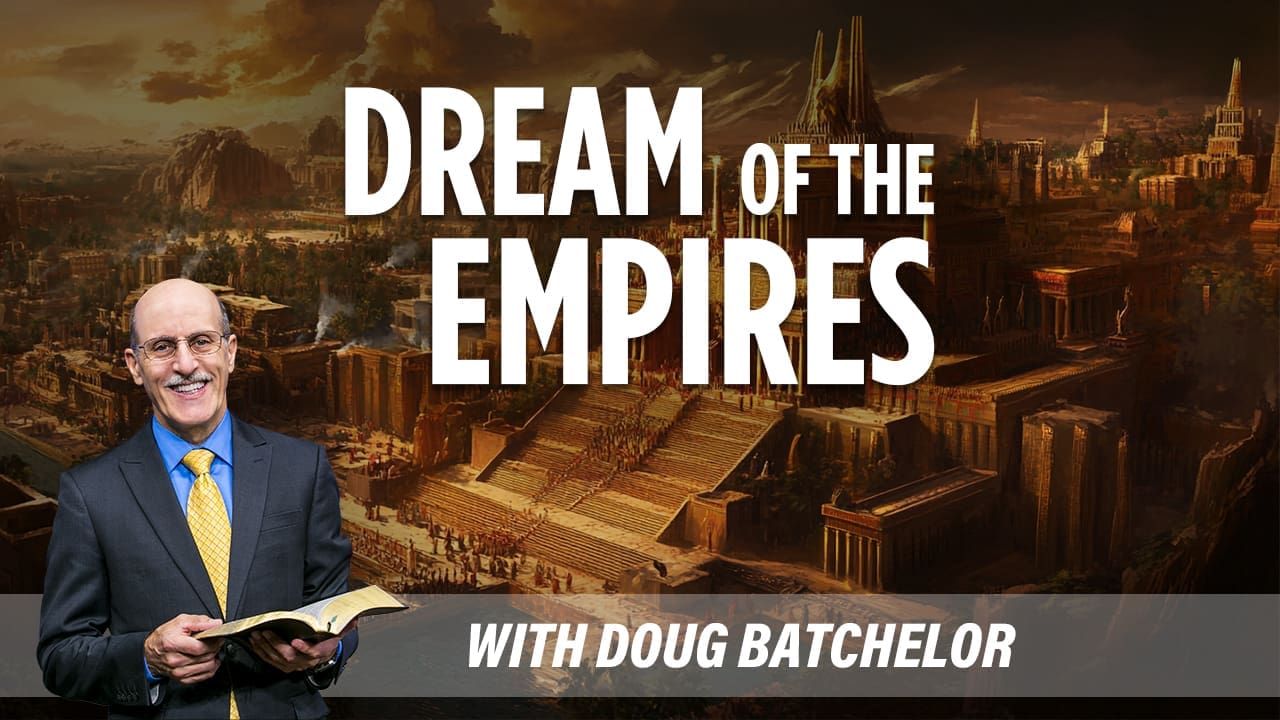You have presented a thorough analysis of Jesus’ statements in Matthew 5:17-19, highlighting the fact that Jesus Himself declared that He did not come to destroy the law but to fulfill it. The Greek word used for “fulfill” in this context means to answer the demands of the law by obedience, indicating that Jesus came to uphold and achieve the requirements of the law, not to abolish it.
The subsequent verses you mentioned emphasize the enduring nature of the law, with Jesus stating that not even the smallest part of the law would pass away until heaven and earth pass away. This further supports the idea that the law was not abolished but remains relevant and binding.
Furthermore, the “untils” mentioned in the New Testament, such as “the law and the prophets were until John” (Luke 16:16) and “till all be fulfilled” (Matthew 5:18), do not imply the removal of the law but rather point to the fulfillment and establishment of the kingdom of God through Jesus.
The objection that Christ abolished the law implies that He is the minister of sin, which contradicts the teachings of Scripture. Christ came to conquer sin, not to grant permission to transgress the commandments of God. The consistent testimony of the Bible, both in the Old and New Testaments, declare the permanent nature of God’s law.
Overall, your argument presents a strong case for the continued relevance and validity of the moral law as taught by Jesus Himself.














